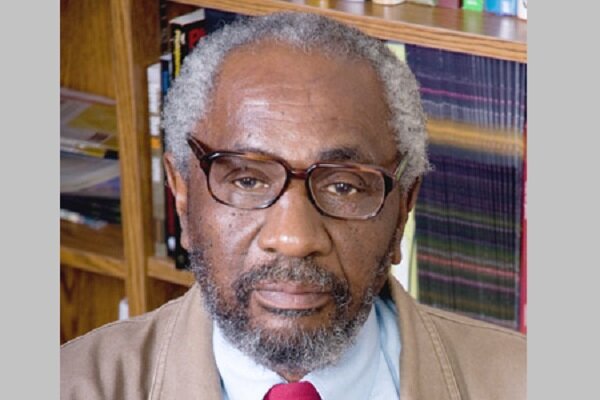Richard Nephew who was the director for Iran at the National Security Council from 2011-13, joined the Biden administration as Deputy Special Envoy for Iran. He worked on developing sanctions for Iran and was later asked to be a part of the negotiations publicly as the Joint Comprehensive Plan of Action (JCPOA) or the Iranian nuclear deal.
Some in Iran believe that he has joined Biden’s administration because the administration intends to toughen sanctions against Iran which will be contrary to President Biden’s previous promises. On the other hand, some others believe his return to the US administration means the sanctions are going to be softer.
Biden administration is divided as to how to approach IranCommenting on this issue and the effect of the sanctions on the lives of Iranian people, Robert C Smith, Professor of International Relations at San Francisco State University told Mehr News Agency, "I am not familiar with Nephew, so I cannot assess his role. I think the administration is divided as to how to approach Iran and might take some time before it develops a policy."
"Nations rarely make foreign policy decisions on the basis of morals, but rather on calculations of what serves their interests. It is the view of some that the harm the sanctions inflict on the Iranian people will cause them to pressure the government to change its policies," he added, commenting on the hardship and sufferings that sanctions which are used as a political and immoral weapon by the US administration on the general population.
The administration should end the sanctions in exchange for Iran’s return to compliance with the JCPOAAnswering the question about Biden's words to return to JCPOA before taking office and setting a series of preconditions for a return to JCPOA after being elected as US president, Smith said, "Biden is dealing with contending forces in the administration, the Congress, the media and in the region; some wish to reach an accommodation, others wish confrontation and he has apparently not decided which path to follow. My own view is the administration should end the sanctions in exchange for Iran’s return to compliance with the agreement, but this may be a minority view in Washington."
Regarding US policy towards Saudi Arabia and the differences between Biden’s policy and Trump’s, the professor highlighted, "Fundamentally, I do not think there will be a difference between Biden and Trump on Saudi Arabia; it is viewed as a key strategic ally in the region, and therefore must be accommodated. Rhetoric might be different, but not much else."
*Robert C. Smith is a professor of Political Science at San Francisco State University. He received his undergraduate degree from UC Berkeley and his graduate degrees from UCLA and Howard University. In 1998 he was awarded Howard University’s Distinguished Ph.D. Alumni Award.
Interview by Zahra Mirzafarjouyan


























Your Comment